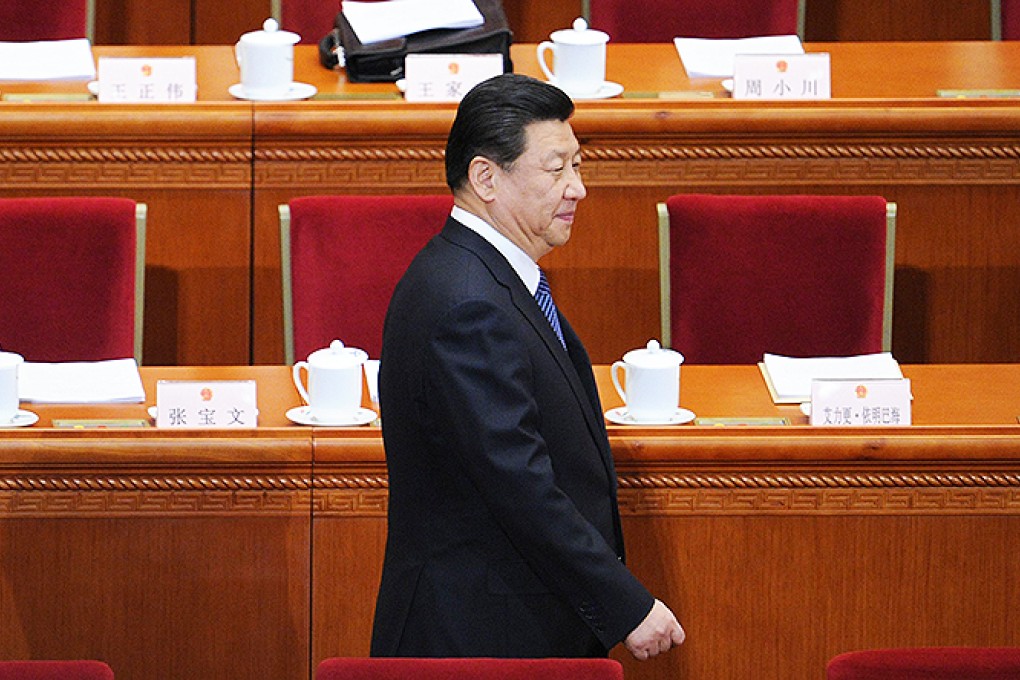Xi’s crackdown on corruption won’t lead to a more open society
Nora Sausmikat and Chang Ping say political infighting and maintaining stability remain priorities

There is never a total new beginning in political power shifts - no "zero hour". Basic conflict can endure for half a century - like the cleavage between the bao shou pai (conservative faction) and zao fan pai (rebels) from the Cultural Revolution.
When Xi Jinping says today that the princelings are China's "legitimate heirs" of power, he is referring to an argument that was fiercely debated in the immediate aftermath of the Cultural Revolution. The 1980s, and especially 1989, again saw the elite in power divided.
Zhong Weiguang, a former rebel red guard, remembers that, during a marriage ceremony in Beijing in the first half of the 1990s, princelings shouted out: "If we had not had such wise fathers who oppressed the 1989 turmoil, we would have lost our power as early as the socialist governments did in eastern Europe."
Today, the princelings are destroying each other; witness Xi's campaign against "tigers and flies".
Zhou Yongkang - who has been under assault since the start of the year - belonged to a faction associated with Jiang Zemin and Zeng Qinghong while simultaneously, at least according to Hong Kong sources, plotting with Bo Xilai . He was caught in the middle.
When Zhou entered the inner circle of power following the 2003 National People's Congress, he was closely linked to Zeng, who was then vice-president and for a long time the second most powerful person in China behind Jiang. A typical princeling, Zeng was also head of the Organisation Department and president of the party school.